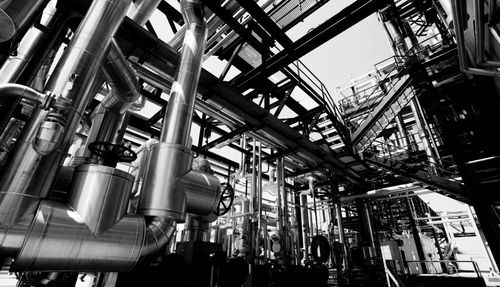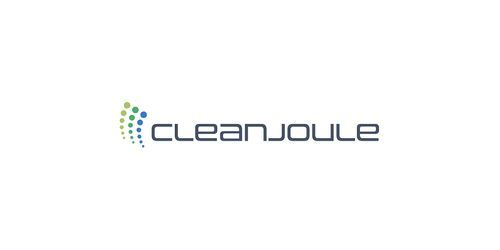CleanJoule, a U.S.-based startup focused on the production of Sustainable Aviation Fuel (SAF), today announced a $50m investment round led by the principals of Indigo Partners, a U.S.-based private equity firm.
The round also included participation by GenZero, a decarbonization-focused investment platform company of Temasek based in Singapore, Cleanhill Partners, a U.S.-based private equity firm focused on decarbonization and three airlines – U.S.-based Frontier Airlines, Europe-based Wizz Air and Mexico-based Volaris. Funds raised from the round will support the further development of CleanJoule’s technology to produce high-performance SAF from agricultural residues and other waste biomass more cost-effectively.
The funding round marks an important chapter in the global effort to mitigate carbon emissions and deliver meaningful climate action. SAF, a biofuel used to power commercial aircraft but with a smaller carbon footprint, could potentially contribute up to 65 percent of the reduction in emissions needed by the aviation sector to reach net zero in 2050, according to the International Air Transport Association. Depending on the feedstock and technologies used to produce it, SAF can reduce life cycle greenhouse gas emissions dramatically compared to conventional jet fuel.
As part of the consortium’s investment, Frontier Airlines, Wizz Air and Volaris have signed binding agreements to purchase up to 90 million gallons of SAF. The principals of Indigo Partners will also receive a board seat on CleanJoule’s Board of Directors.







